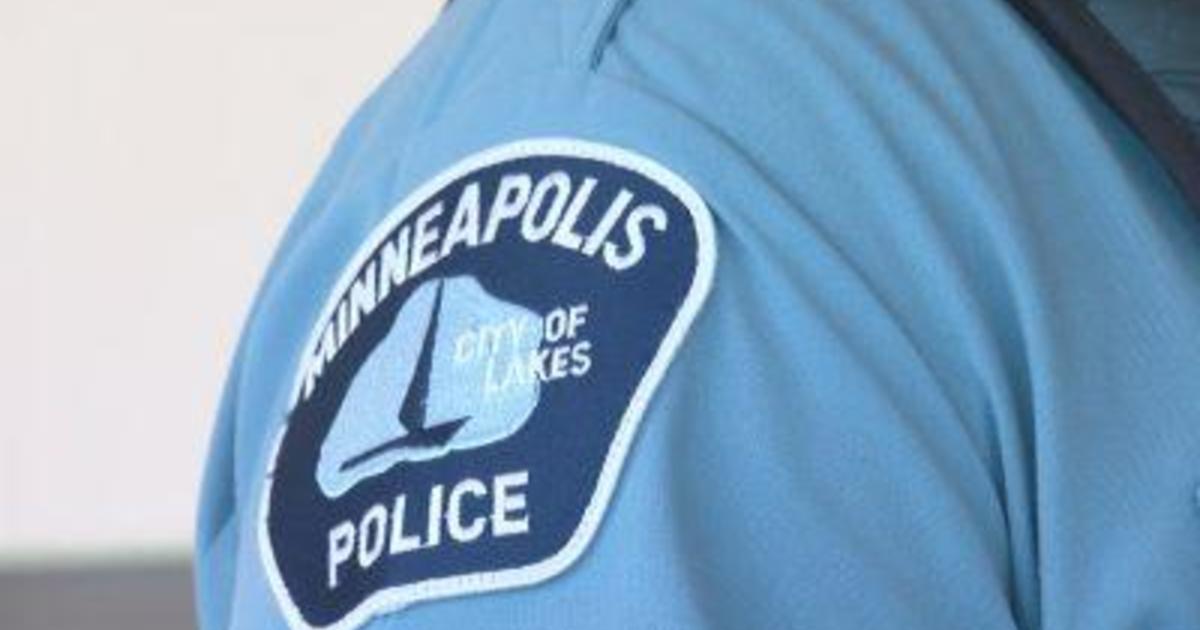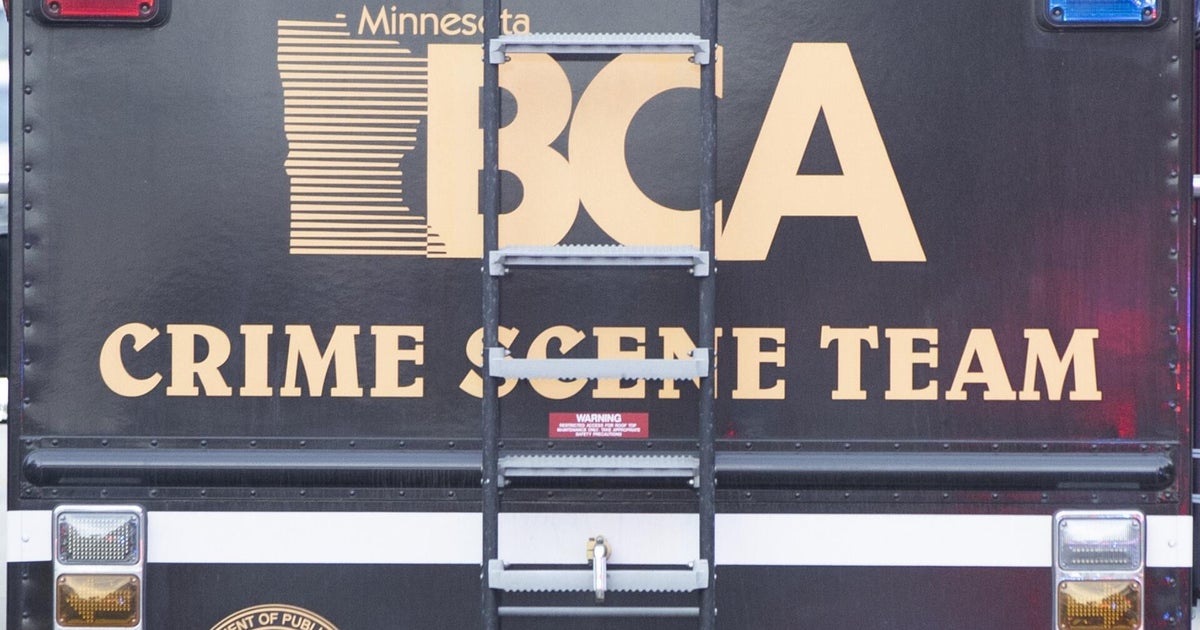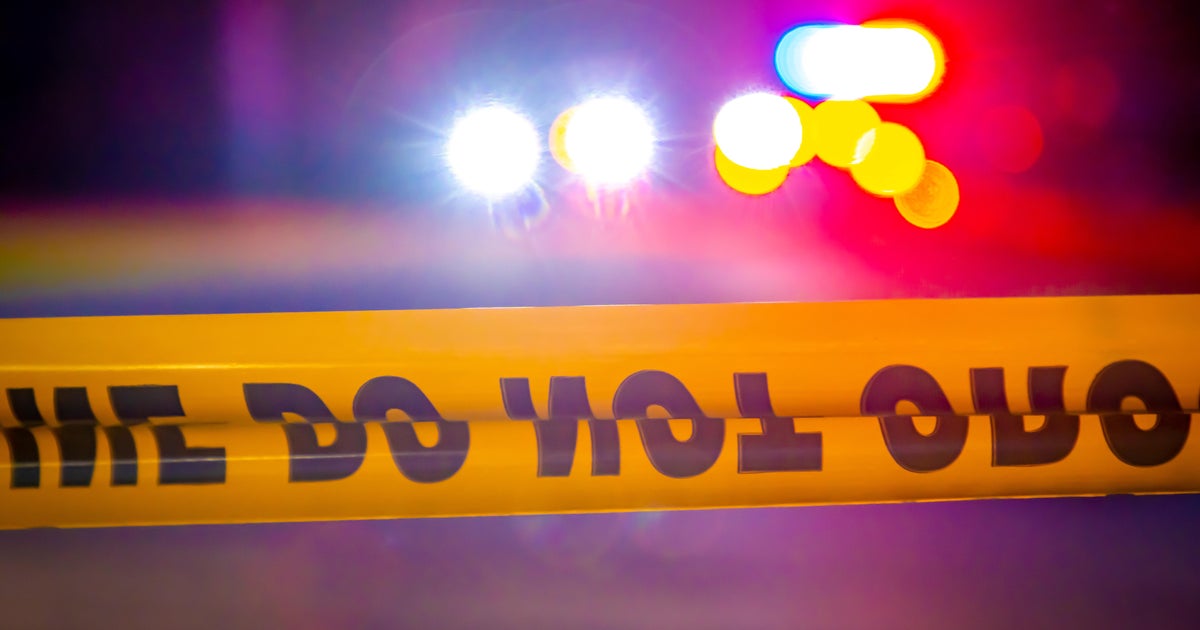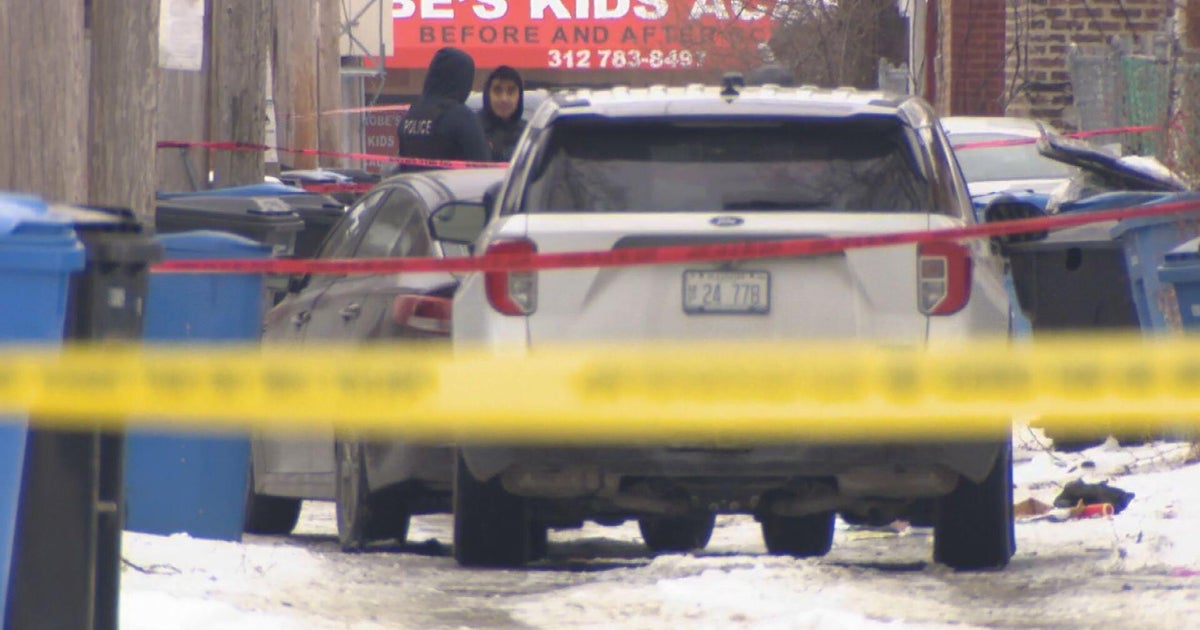Mpls. Mayor Hodges' Re-Election Prospects Up In Air After Police Shooting
ST. PAUL, Minn. (AP) — Mayor Betsy Hodges had barely begun explaining why she demanded the resignation of the Minneapolis police chief following another fatal officer-involved shooting when some of the protesters who backed her decision interrupted the news conference with an ominous warning.
"Bye bye, Betsy," they chanted while waving signs that read, "You are next."
Minneapolis was among several major cities where progressive politics were clashing with policing, even before the death of 40-year-old Justine Damond of Australia. The brighter spotlight on the city comes at an awkward time for Hodges, who is up for re-election in November against challengers charting more drastic responses to recent fatal police shootings.
"Politics are the last thing on my mind at a time when we have this tragedy," Hodges said in an interview Tuesday with The Associated Press, stressing that she's working to improve police-community relations.
Damond was shot as she approached a squad car responding to her 911 call about a possible assault. Before she was asked to resign, police Chief Janee Harteau defended the training of Mohamed Noor, the Somali-American officer who fired the fatal shot.
Soft-spoken and deliberate, Hodges has approached the job as head of Minnesota's most liberal city differently than her popular, crowd-surfing predecessor R.T. Rybak. A Bryn Mawr graduate with a knack for digesting big numbers and cranking out budgets, Hodges parlayed eight years on the city council to win the mayor's office in 2013 after campaigning largely on reducing the city's racial inequities.
Despite overseeing the creation of a new sick and family leave policy and a recently passed $15 minimum wage hike, much of her tenure has been defined by tension with the police department — including public clashes with Harteau and her ongoing efforts to improve it.
"The conversation about city leadership this year has already been about policing and ... and public safety," Hodges said. "That remains true and will remain true."
A simple photo of Hodges and a black man pointing at each other consumed local politics for weeks in 2014 after a top-ranking police official suggested the pair were flashing gang signs and endangering officers; Hodges later blocked the promotion of that police lieutenant.
Those tensions exploded the following year when a Minneapolis officer shot and killed 24-year-old Jamar Clark, who was black, after what onlookers described as a struggle. Protesters surrounded the area's police precinct for 18 days.
Hodges weathered critiques from all sides that she both oversaw a heavy-handed police response that swept the encampment away and allowed a lawless protest to fester for more than half a month. She's been accused by community organizations of being unwilling to challenge law enforcement, and by the police themselves of handing the city's reins off to advocacy groups who would rather dismantle the department altogether.
"This was about resurrecting a failing re-election campaign. That was the politics of the chief's resignation," said Lt. Bob Kroll, president of the Police Officers Federation of Minneapolis.
The aftermath of fatal police shootings has spilled into politics in other cities.
Outrage over the 2014 shooting death of Chicago teenager Laquan McDonald powered Cook County State's Attorney Anita Alvarez's defeat last year and put mayor Rahm Emmanuel on defense. After heavy criticism for her handling of protests prompted by the 2015 death of Freddie Gray while in police custody, Baltimore Mayor Stephanie Rawlings-Blake decided not to seek another term.
Hodges was spurred into politics by police violence. She cites the Los Angeles riots after a jury acquitted the officers charged with beating Rodney King in 1992 as her motivation. Since taking office, she's pushed the Minneapolis police department to adopt new use-of-force guidelines that train officers to exhaust all other options before pulling a trigger. She spearheaded a body camera pilot project as a city councilor and oversaw its department-wide implementation last fall as mayor.
"There isn't another mayor who has done more or invested more in changing policing in the 21st century than I have done," she said.
She faced election pressures well before Damond's death — much of it from more liberal factions. Among her challengers is the area's former NAACP president who led weeks of anti-police violence protests after Clark's death and a state lawmaker who responded to Damond's shooting by calling to "disarm officers."
University of Minnesota political science professor Larry Jacobs said Hodges' challenge is less about her track record than her ability to promote it. He believes her when she says she's not thinking about re-election - but he thinks that could wind up hurting her.
"She's an inside player at a time when outside political skills are necessary. I've been looking for the political side to Betsy Hodges for months," he said.
Local union president and ardent Hodges supporter Javier Morillo said Damond's death, along with Clark's in November 2015, is testing Hodges after she has raised what he called "the question of our time: How do police engage with community?
"We could have had a mayor who did not run on racial equity, did not run on body cams," he said. "She raised the bar that she's being judged by."
(© Copyright 2017 The Associated Press. All Rights Reserved. This material may not be published, broadcast, rewritten or redistributed.)







